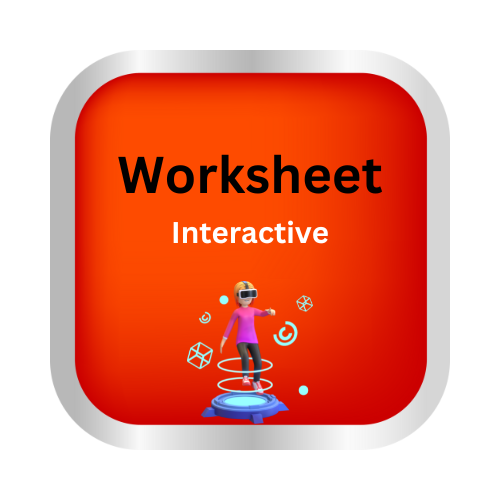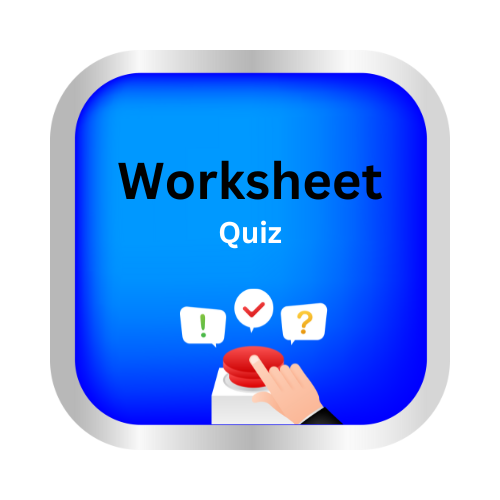Water, Our Lifeline
Key Notes :
1. Importance of Water
- Water is essential for all forms of life. It is needed for drinking, cooking, farming, industry, and sanitation.
- It regulates temperature, helps in digestion, and supports plant growth.
2. Sources of Water
- Surface Water: Rivers, lakes, and ponds are the main sources of surface water.
- Groundwater: Water stored beneath the earth’s surface in aquifers is another crucial source.
- Rainwater: Rainwater is a natural source of fresh water. It can be collected for drinking and irrigation.
3. Water Cycle
- The water cycle is a continuous process where water evaporates from oceans and other bodies of water, forms clouds, and returns as rainfall. This cycle helps maintain the balance of water on Earth.
4. Uses of Water
- Domestic Use: Water is used for drinking, bathing, cooking, washing clothes, etc.
- Agriculture: Water is essential for irrigation to grow crops.
- Industry: Water is used in the production of goods, cooling machines, and cleaning processes.
- Energy Production: Water is used in hydropower plants to generate electricity.
- Transportation: Rivers and canals are used for transporting goods and people.
5. Water Conservation
- Importance: With increasing demand and decreasing freshwater sources, it is important to conserve water for future generations.
- Methods: Use of rainwater harvesting, efficient irrigation techniques (like drip irrigation), reducing water wastage, and reusing water.
6. Water Pollution
- Water pollution occurs when harmful substances like chemicals, sewage, and industrial waste contaminate water sources.
- Pollution leads to harmful effects on aquatic life and can make water unsafe for human consumption.
7. Global Water Crisis
- Many parts of the world face water scarcity due to overuse, pollution, and climate change.
- It is critical to adopt sustainable water management practices to ensure that everyone has access to clean water.
8. Ways to Protect Water Resources
- Avoid dumping waste into rivers and lakes.
- Support and follow government policies aimed at protecting water bodies.
- Reduce water consumption at home by fixing leaks, using water-efficient appliances, and taking shorter showers.
Let’s practice!

